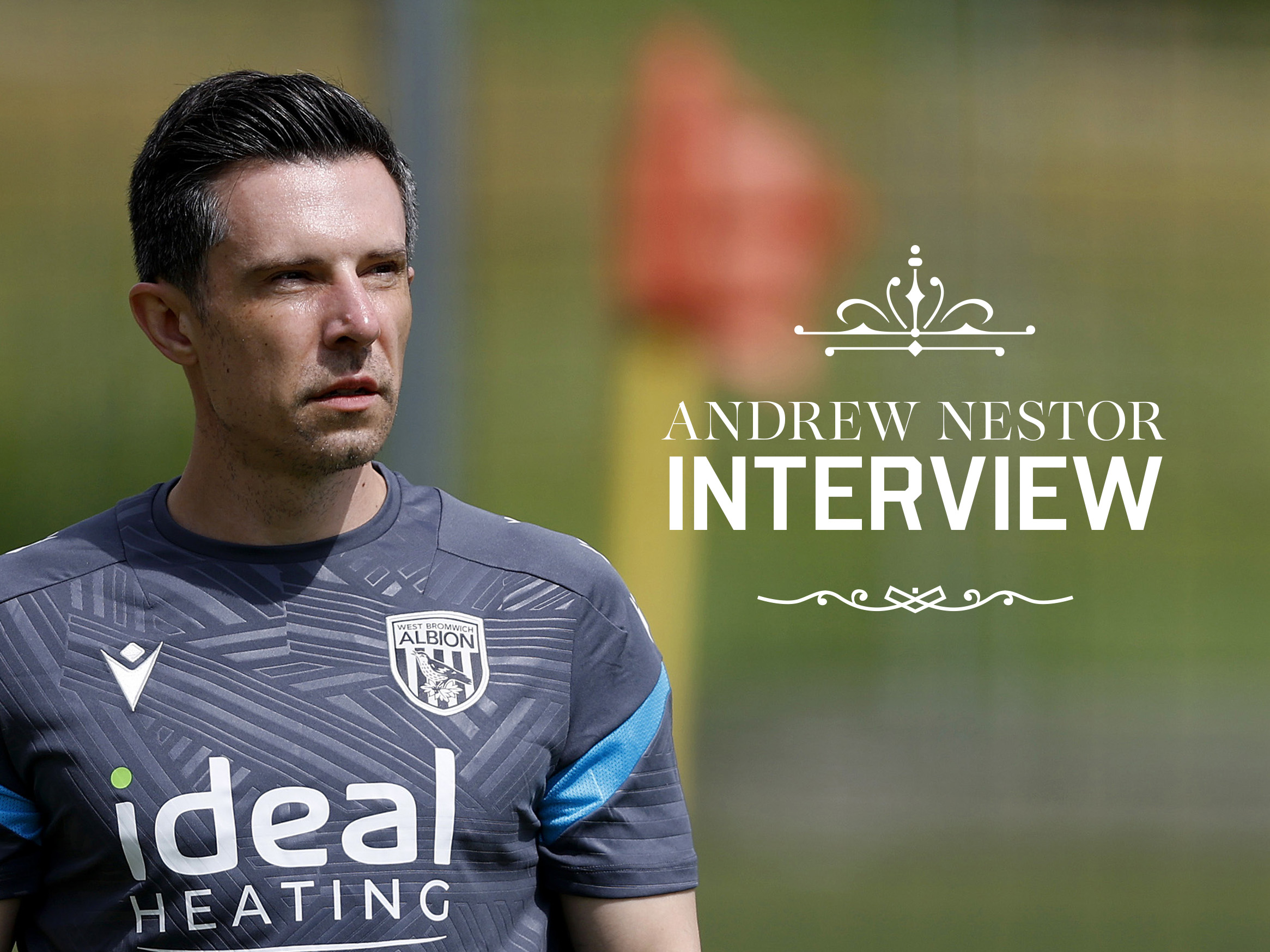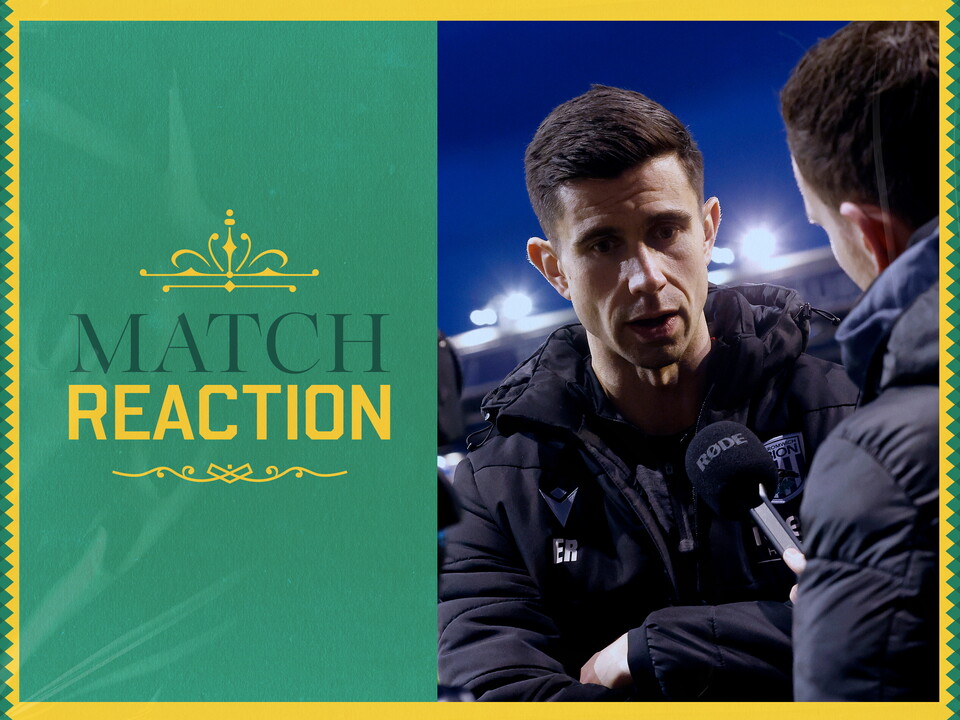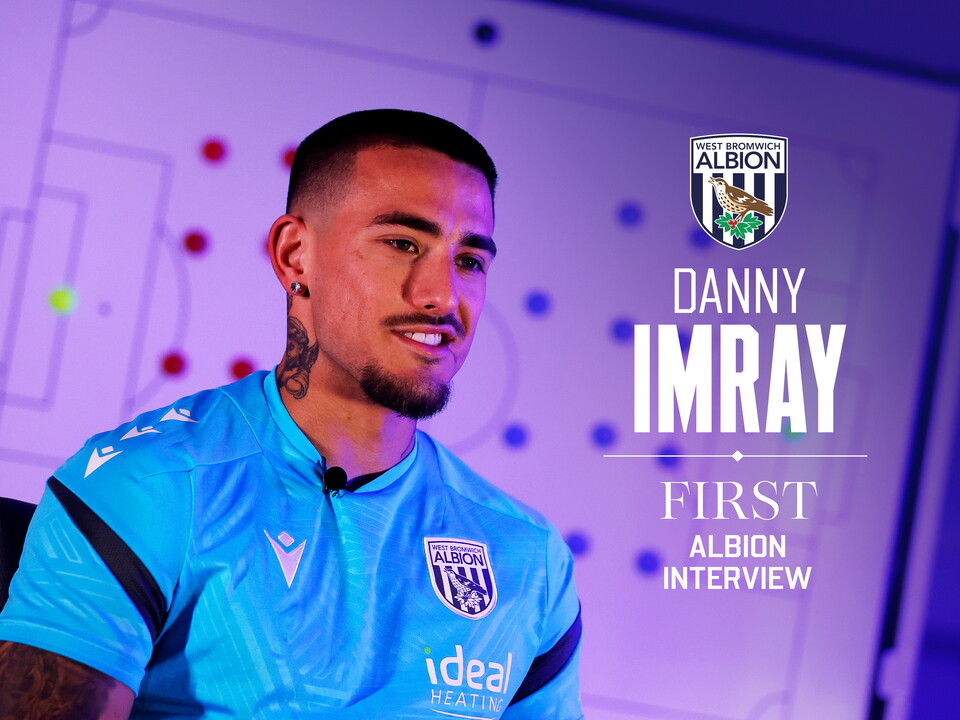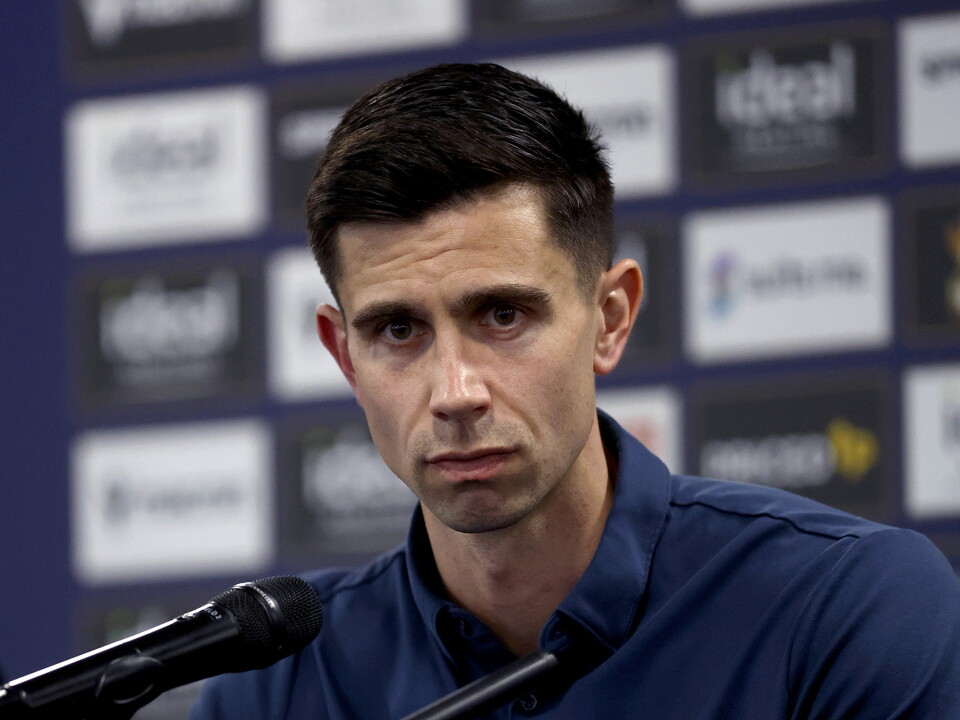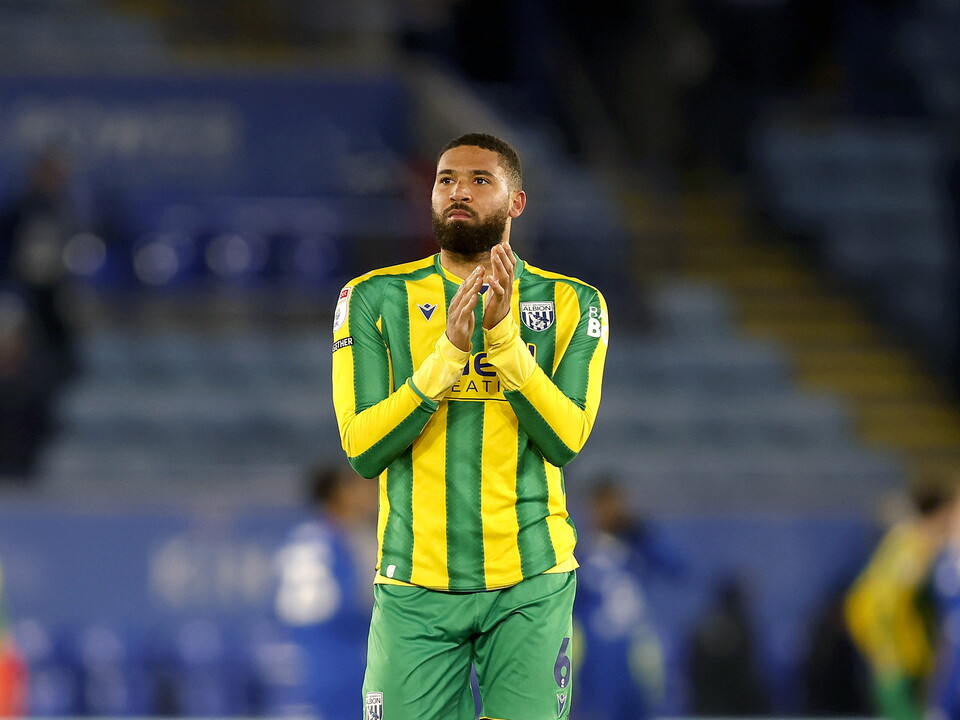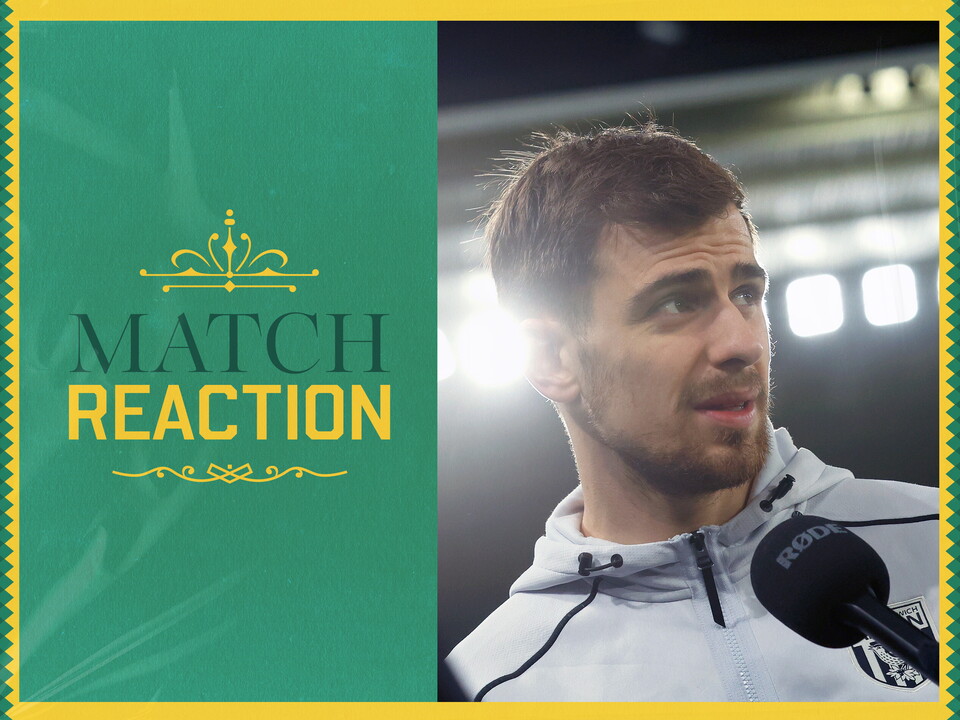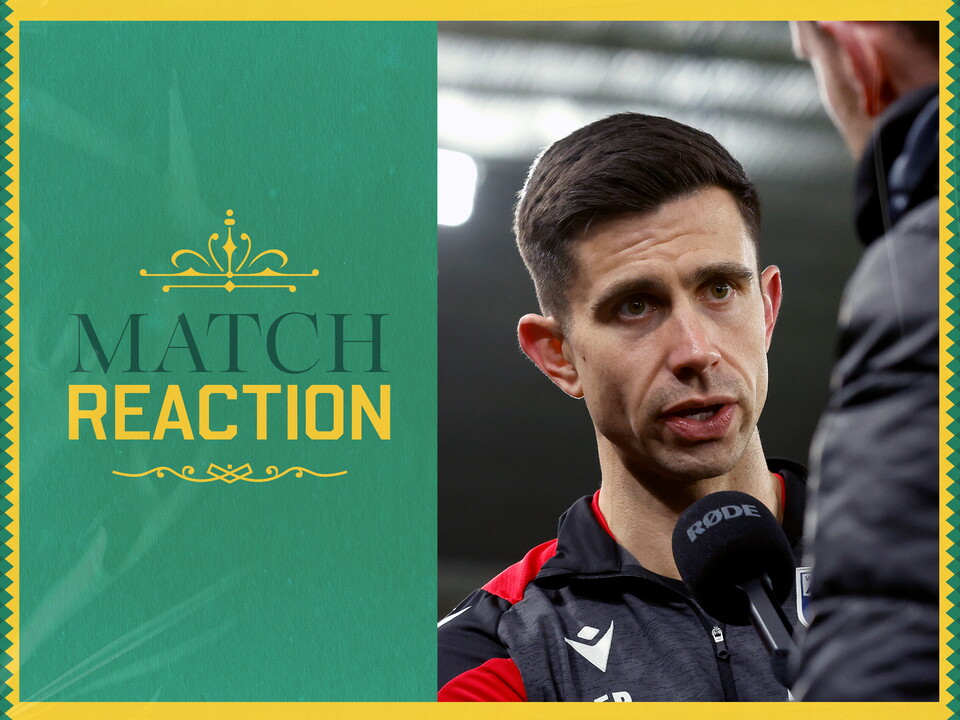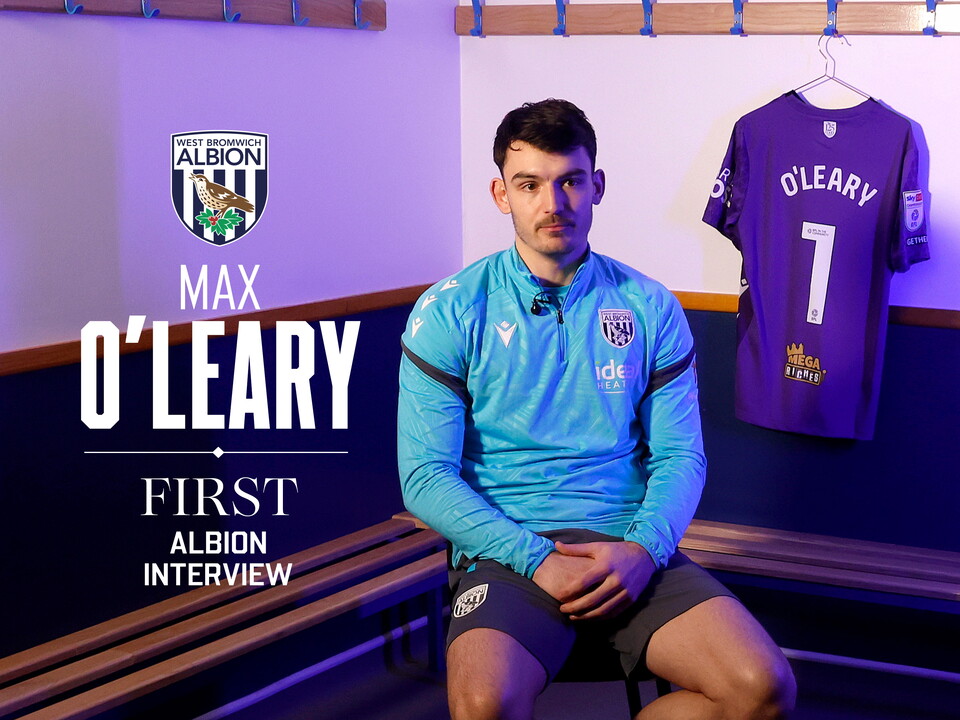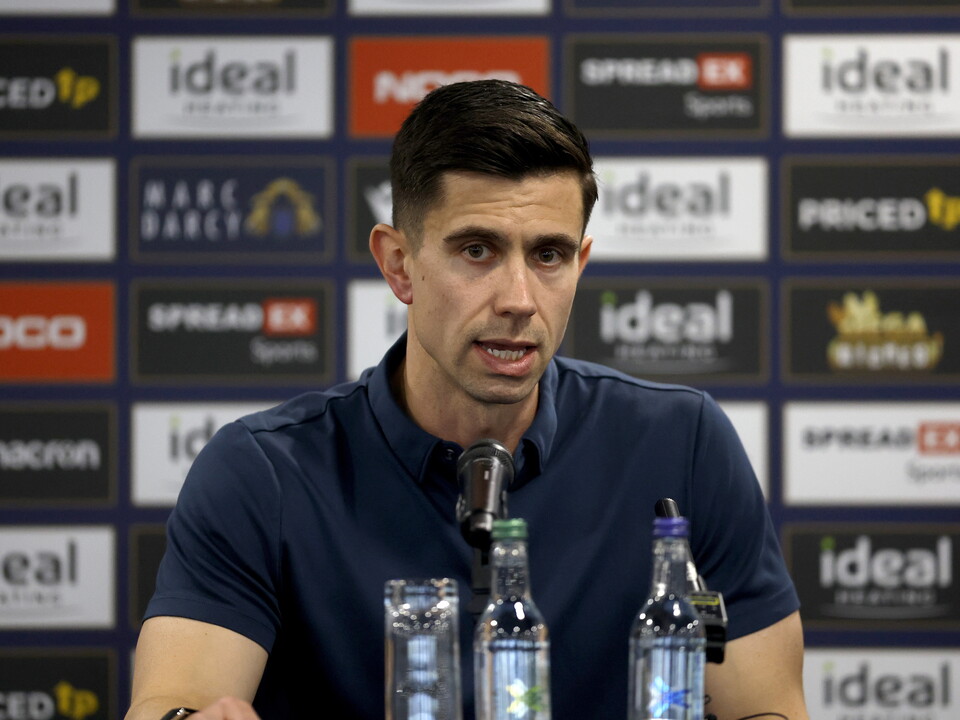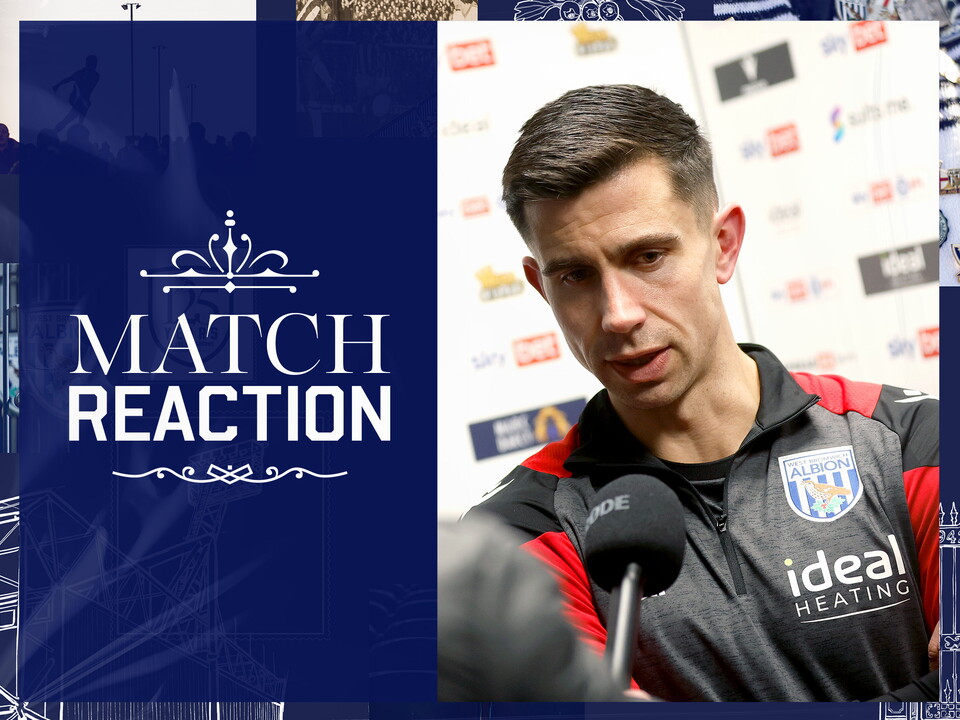Albion Sporting Director Andrew Nestor sat down with WBA TV to discuss a number of topics following the conclusion of the summer transfer window.
Nestor spoke about matters such as new arrivals, player departures, the profile of the squad, sporting data and recruitment and the latest PSR position.
Andrew also offered his thoughts on the progress of both the Women’s team and the academy.
Here’s everything the Sporting Director had to say…
Andrew, thank you for taking the time to speak to us. It’s been an incredibly busy window with nine arrivals and several departures as well. How would you assess the business done by the club this summer?
I’m pleased with the results and I feel like everything went as planned. This was a plan three windows in the making. We started last summer, looking at what we inherited, where the squad was at, what we would need to achieve to rebalance the squad, bringing in players that really fit the model that we want to see out on the pitch and also how to make sure we do that in a way that’s compliant with what our financial needs are.
In January, we were able to invest in a couple of attackers and then in the summer, hit the ground running with our new signings. I think it’s really helpful that we were able to bring in some of the new signings early in the summer, and we’ve already seen some of our new players have an impact on the pitch in our first four league matches.
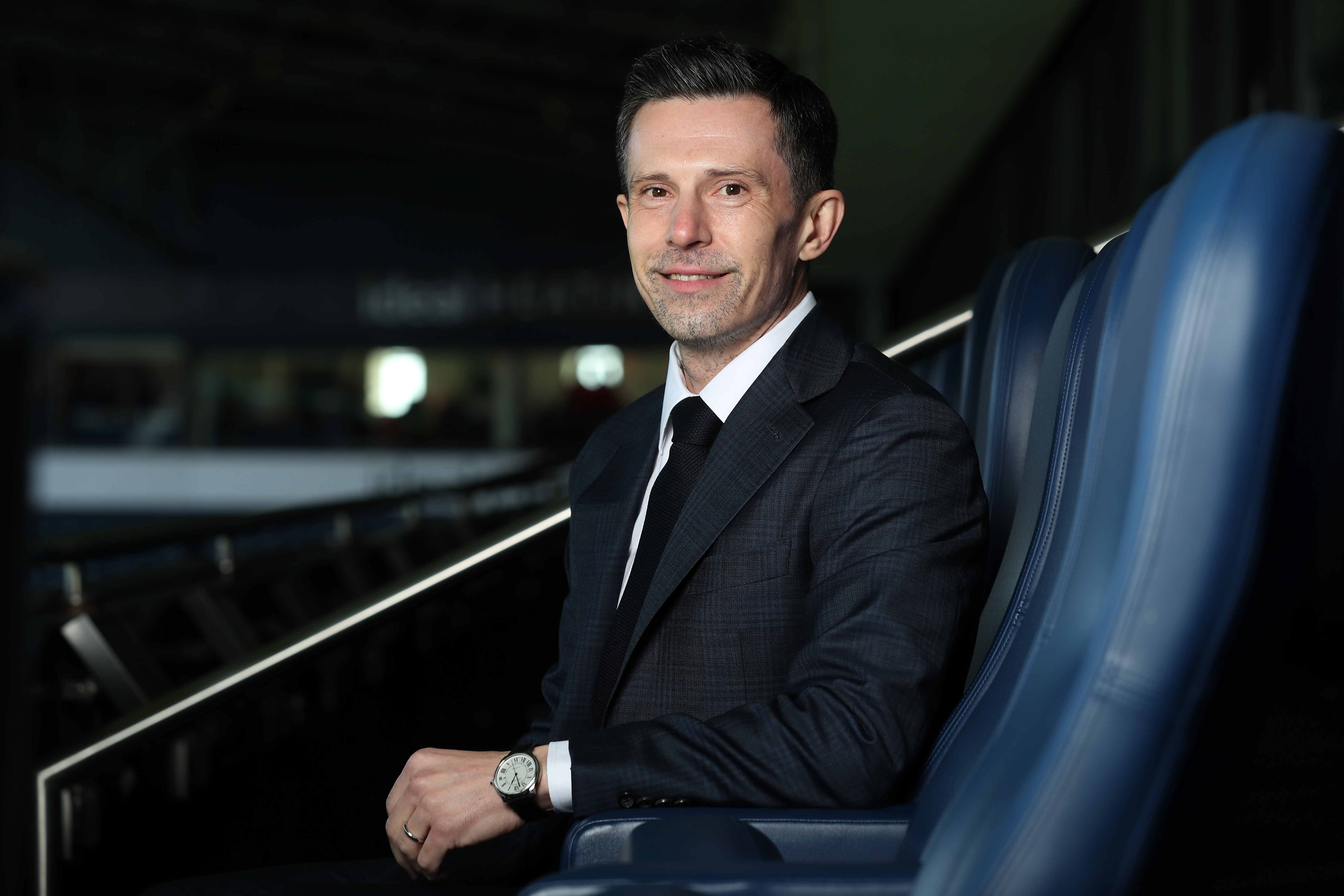
How has the profile of the squad changed since the end of last season?
I think we’re certainly a bit more athletic. There’s more pace, as well as an ability to get the ball up the pitch quicker. I also think there’s renewed hunger to succeed within the squad and as a club as a whole. In terms of the players themselves, we’ve continuously lowered the average age of the squad. I think in 2023/24, we were one of the oldest squads in terms of playing time – it was near 30-years-old. Against Wrexham in August, our starting line-up was just under 25-years-old, but it’s the right type of balance as well.
We have plenty of veteran leadership, we have guys in their prime and we also have young players mixing in. Some of those young players are players we rate among the best in the league in their position, whether it’s Isaac Price, Tammer Bany or Toby Collyer. These types of players are 21-years-old and they can already contribute to the first team. I feel like we’ve struck a good balance of players that are really hungry to come in here and succeed, good leadership on the pitch and the ability to sustain throughout a really gruelling season.
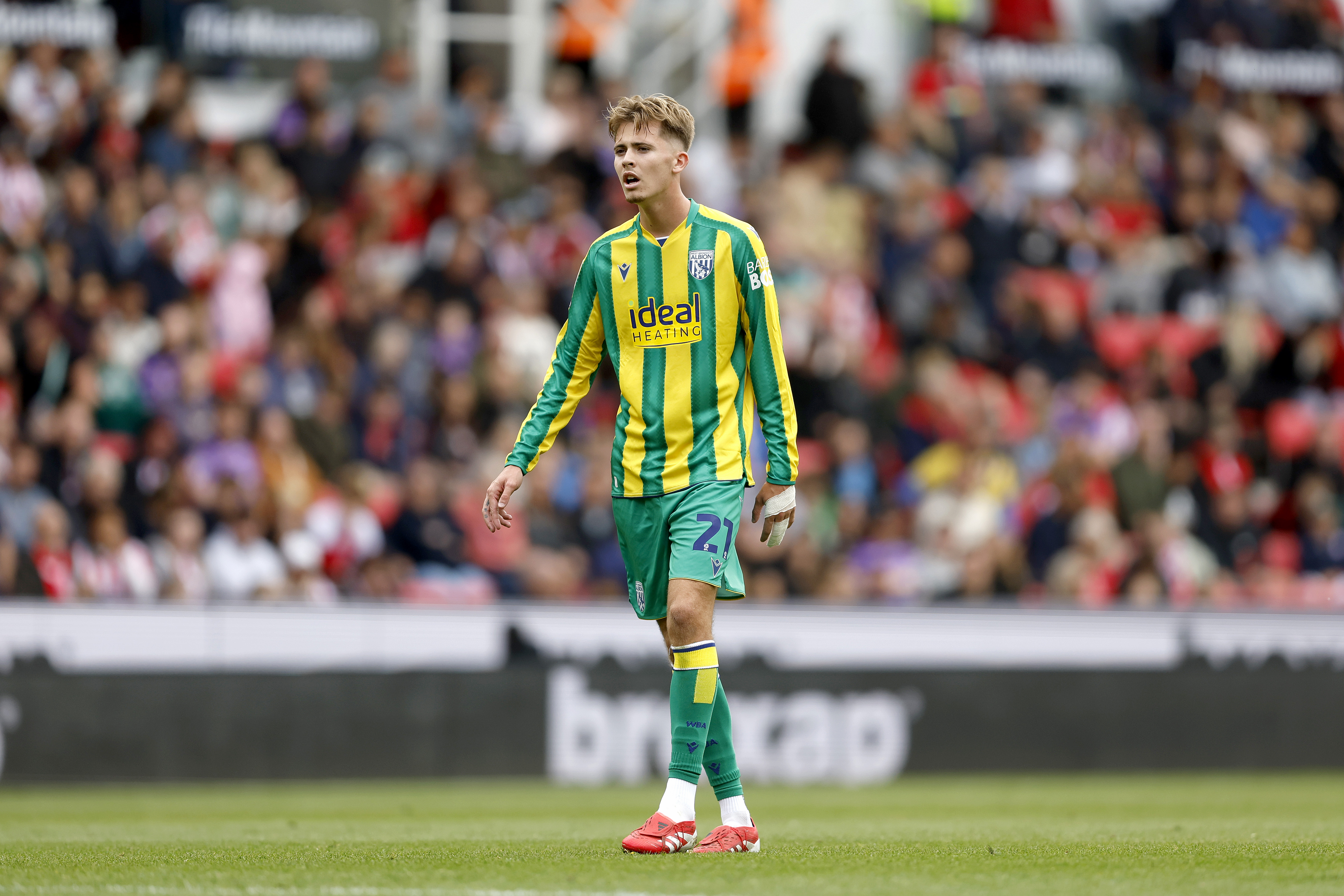
Many of the new signings have stepped straight into the action. How impressed have you been with the way they’ve got up to speed with the Sky Bet Championship almost immediately?
Some of the new players haven’t played in this country before, so it’s been an additional challenge for them to adapt personally and to adapt to the pace and the physicality of the Championship, so we’re really pleased to see that. I think it says a lot about our data and scouting team knowing what attributes we’re looking for and players that we’re signing. I think it says a lot about the coaching staff as well. It means that our coaching staff are able to integrate these players quickly and very clearly communicate to them what’s needed. That’s gone very well.
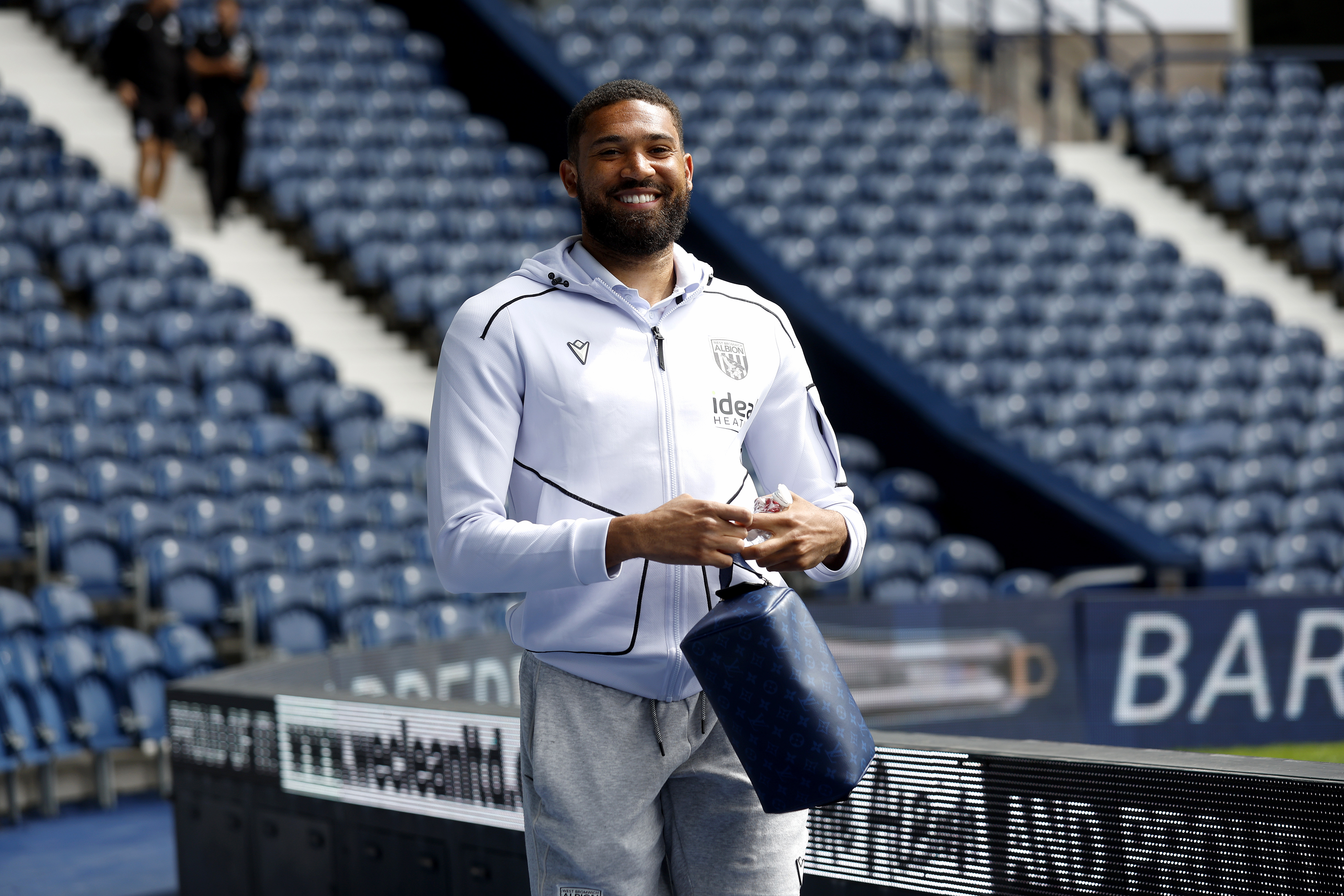
You’ve spoken before about the importance of sporting data in recruitment and building a shadow squad. It’s clear from the speed which the club acted that you were ready to bring in replacements. Just how much work goes into being ready for all eventualities?
There’s a lot that goes on behind the scenes. This has also been a year-long process. I really wanted to utilise my past network and relationships when taking on this task. The first thing was bringing in a data team and that was quickly embraced by my colleagues here. We’ve really built a nice process between our scouting team and our data team, built a proprietary platform where all of our information lives and there’s a great workflow between everyone in the group. Essentially, it enables us to quickly evaluate players, as well as identify players.
We’ve built out a strategy window-by-window and that then feeds into what we call a shadow squad. That’s managed by the scouting staff, Ian Pearce, Dan Sale and the rest of the team. These are players that have checked every box across data, scouting and also across finance and their attainability. We can plan out looking one, two or three windows ahead and that’s enabled us to move quickly. We don’t deviate off our shadow squad. In each position, we have identified a handful of players that we would want to sign. We go for those players and we don’t make exceptions because we don’t want to fall into the trap of making long-term mistakes.
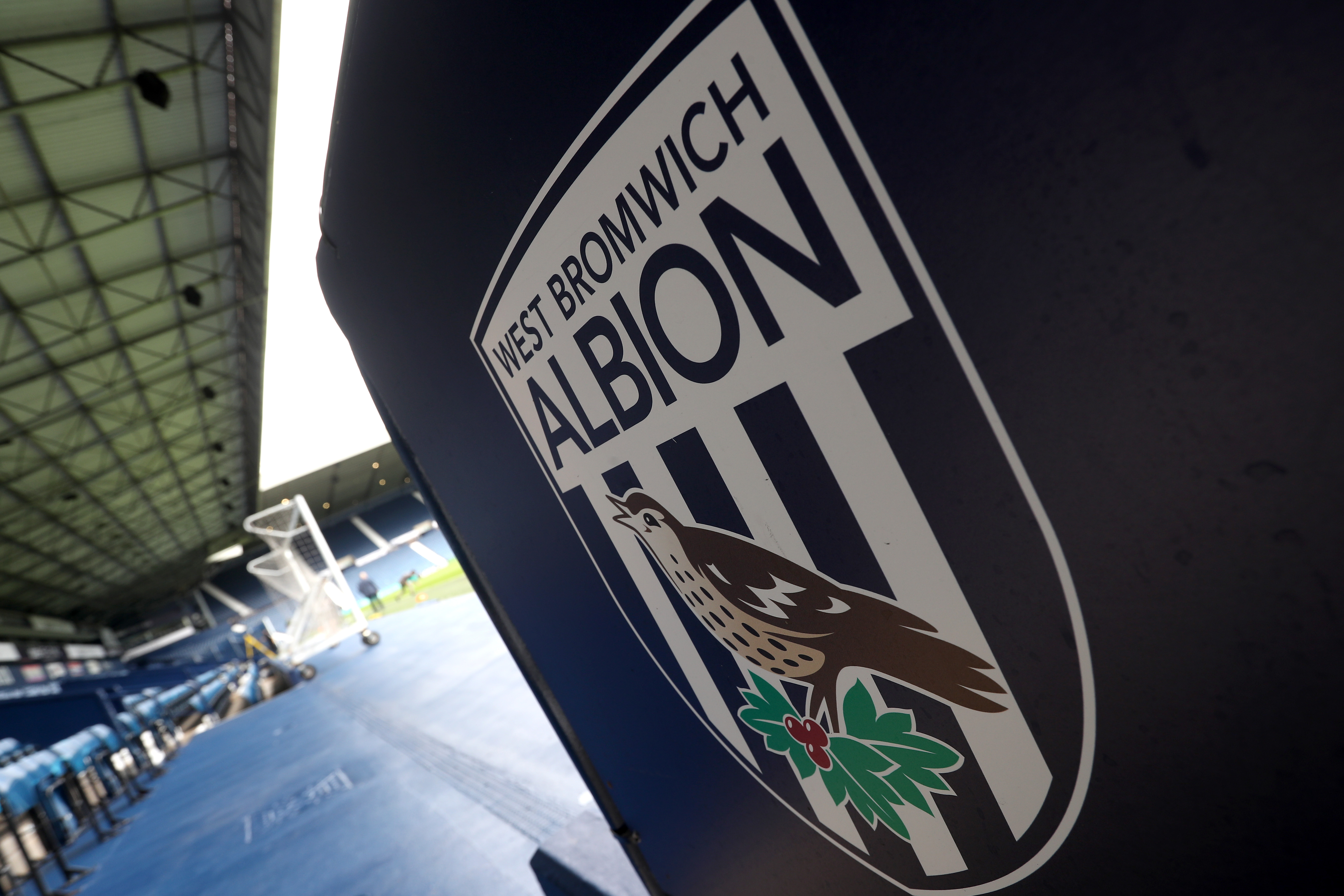
One of the players the club sold this summer was Tom Fellows. Just how difficult a decision was that to make?
It’s always a difficult decision to sell a player like Tom. He’s beloved in this community and came up through our academy, and I think that makes it a bit different sometimes when you compare the situation to other players who maybe didn’t come through that pathway within the club. Coming into this window we had a very clear-cut strategy. We had been signing players in anticipation of what we knew would be our outgoings. That allowed us to be patient with our outgoings to ensure we got the best value that we could.
Sometimes those replacements are like-for-like replacements and sometimes it’s about taking those resources and deploying them elsewhere in the squad to ensure we’re well-balanced and at the level we need to be at to compete. With Tom, the offer we received from Southampton was the best offer we’ve ever received for Tom. Given that he’s a home-grown player, there’s a benefit from a PSR perspective as well. For example, when you sell a player who didn’t come through the academy you’re normally paying about five per cent off your value in solidarity and training compensation. There’s normally other obligations outstanding that you have to pay, as well as potential sell-ons which can be anywhere from ten to twenty per cent. When you remove all of those costs from the fee we’re receiving for Tom, it becomes a lot more valuable to us.
There’s also the human element of it. We knew that this could be an eventuality. Back in January I spoke with Tom one-on-one and we had spoken with his agent about what we would do in certain cases and how the club sees the situation, but also wanting to make sure that whatever move happened, if there were to be one, that it would also be right for Tom. We do that for every player. The deal at the end of the day has to work for us and has to be at our valuation, but we also don’t want transfer drama and we don’t want to put players in a bad position because you won’t get good deals done.
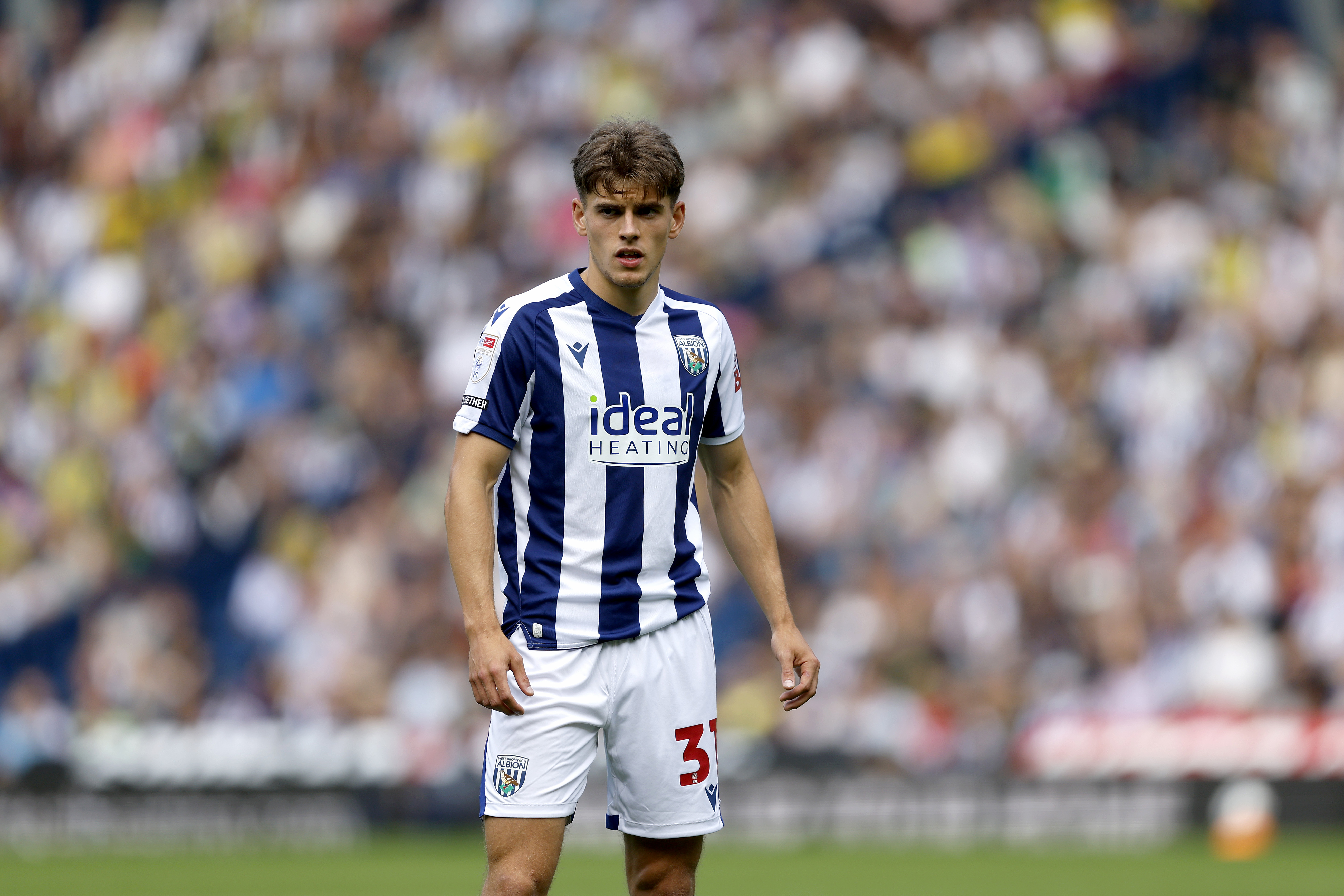
The PSR position Bilkul inherited was clearly a challenging one. How much progress has been made through player trading this summer?
It was a significant challenge. There were significant past loses inherited and those losses still apply to this fiscal year because it’s a three-year window. Therefore, we’ve had to address that issue last fiscal year – so 2024/25 as well as this current season. The trading that we did in the summer was critical in terms of addressing our PSR threshold and being compliant. What we’ve done over the past three windows gets us to a point where we feel comfortable and we can now be in a position where instead of worrying or having to fix our PSR position, we can now move forward managing it.
I am really happy with the work that’s been done because while going through that process, we’ve been able to stay competitive. The conversation has been about competing for promotion and not worrying about if we’re safe from relegation. When you have to fix that big of a gap sometimes things can spiral, and we’ve had to be really methodical about how we go through this. We’ve been able to reinvest into some really good players and start to create this cycle of value creation which will help us over time.
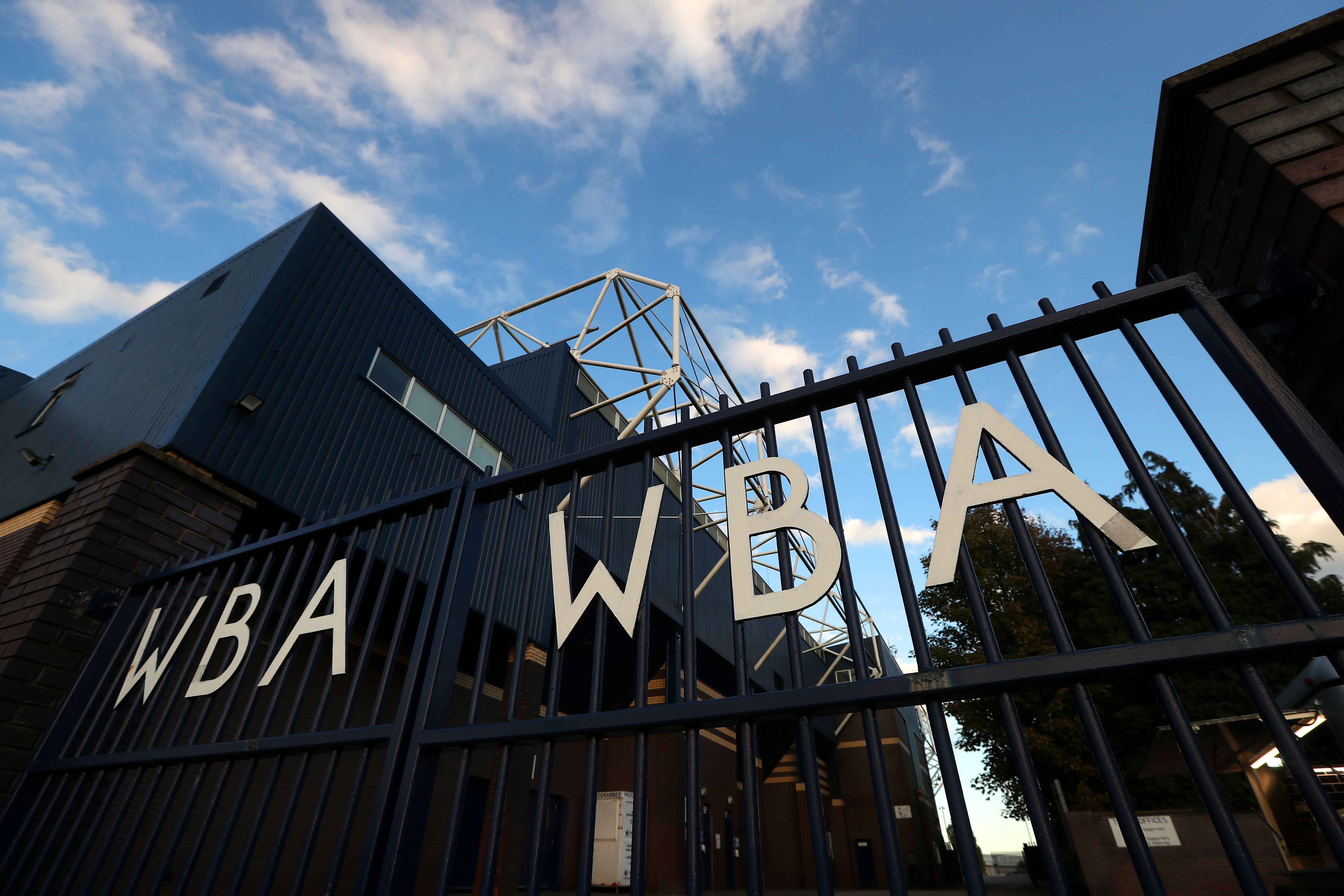
One of the biggest decisions of the summer was to appoint Ryan Mason as our new head coach. How impressed with him have you been since he joined?
I’m not surprised he’s doing such a great job, but I’m not surprised because it’s why we hired him and what we expected from him. From the moment I first spoke with him, I felt like it clicked. He was able to not only express a style of football, but demonstrate how that can be achieved, how he would coach to achieve that and the culture that he would build. The ability to integrate players very quickly and have new signings featuring as starters already is a good sign of that.
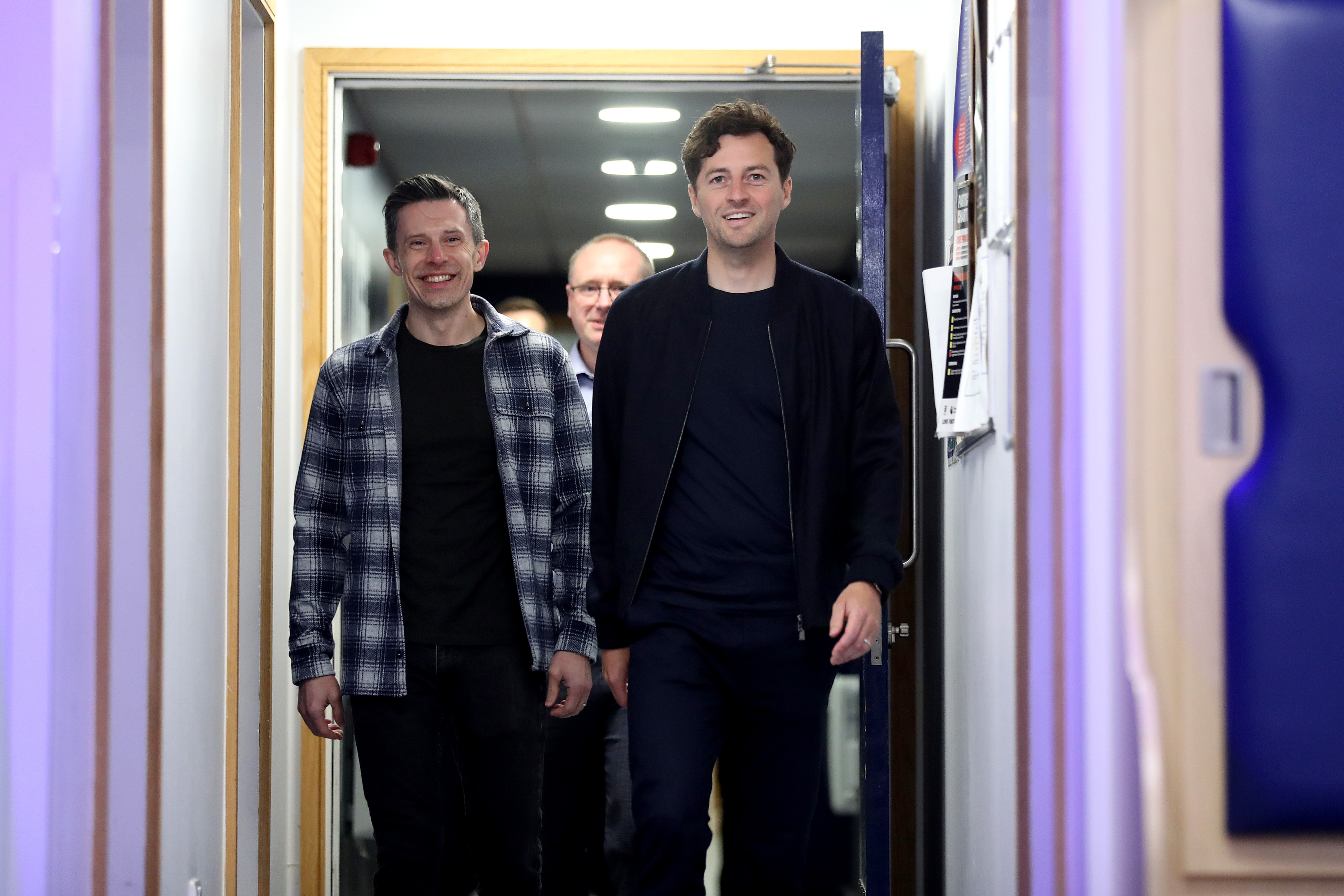
Away from the Men’s team, our Women’s team have also had a big summer. They’ve had a number of new players and also a new home – the Alexander Stadium. How much progress do you feel Siobhan Hodgetts-Still’s side have made?
Yeah, it’s night and day. I think just over a year ago the club didn’t even technically own the Women’s team. There’s been a lot of effort put in by Shev (Siobhan Hodgetts-Still) and others to professionalise the organisation. There’s been a lot of improvement on the pitch, but off the pitch is just as important. To be able to have a nice, professional matchday experience is great to help build support, as well as being able to give the players the first-class facilities they deserve.
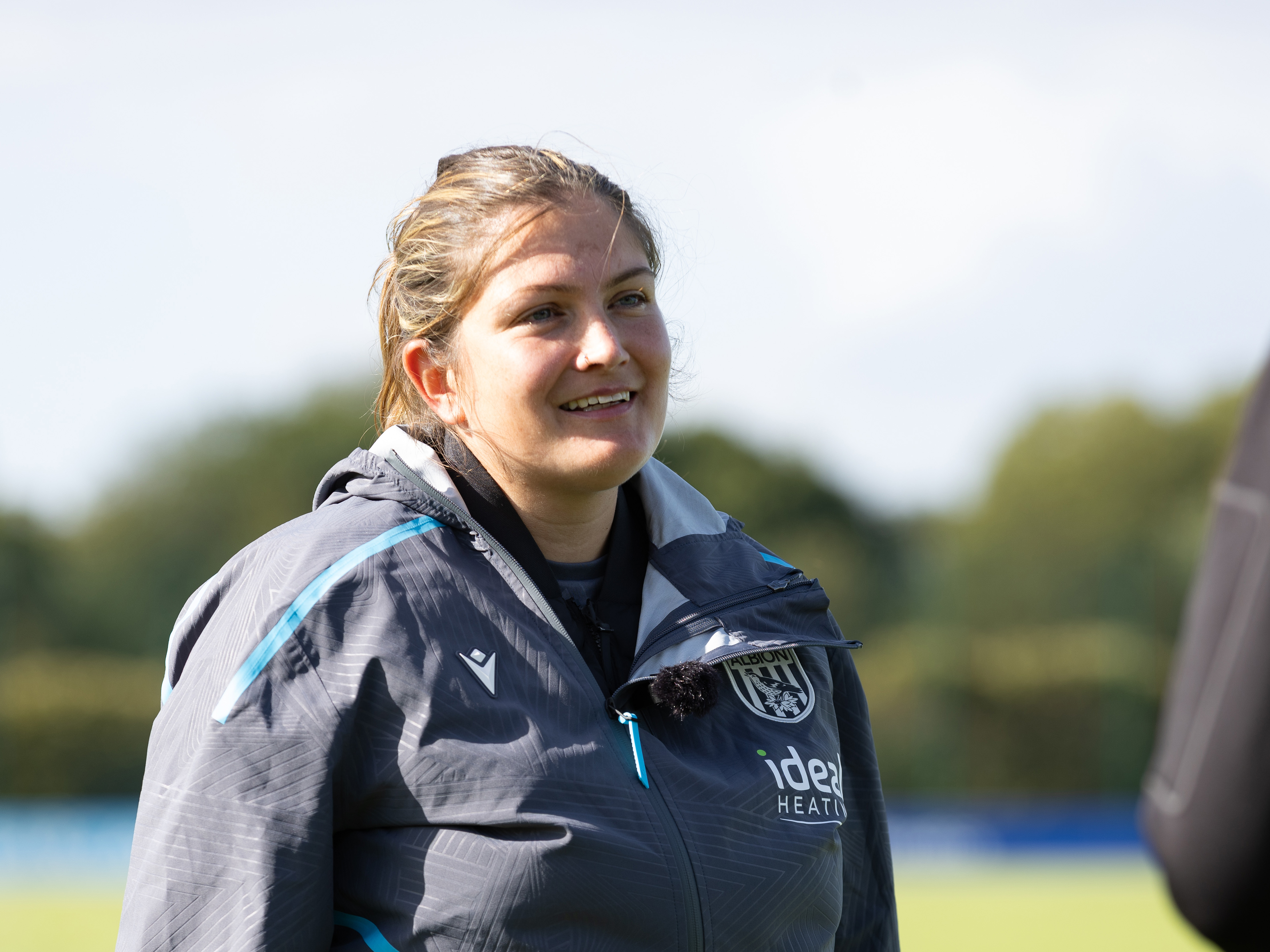
Moving into the academy part of the club, Leigh Downing has been promoted to PL2 boss. What is your overview of that specific area?
I’m happy to see Leigh take over that position. It’s great to see players promoted through the club, but it’s also great to see that with coaches and staff. I think it’s great timing given that we’ve just installed a new first-team coaching staff, so it’s a great opportunity to ensure that the Under-21s and the academy all the way down are integrating with our first-team coaches and that they’re all on the same page around playing style. It’s good timing and I’m excited for Leigh.
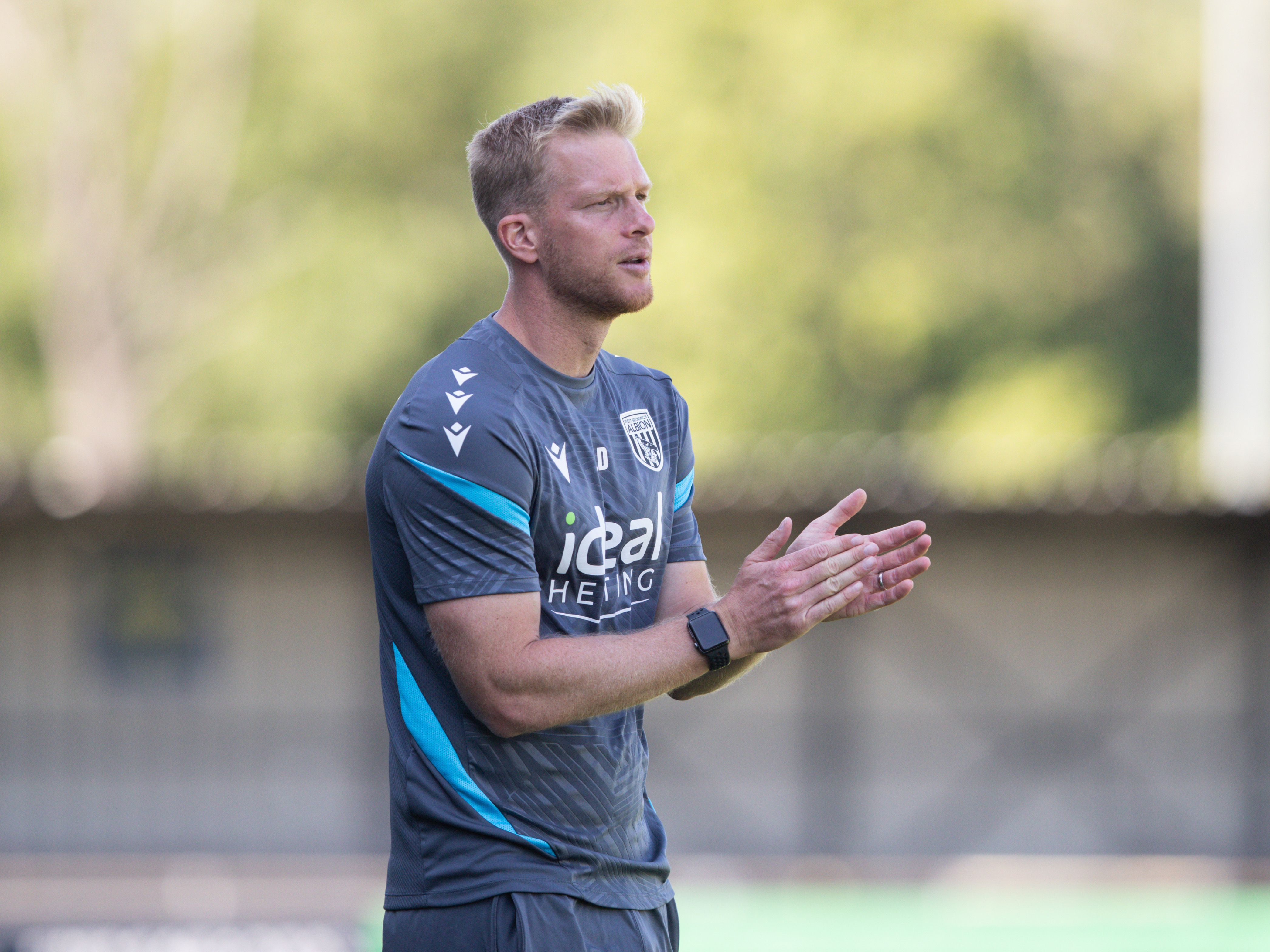
Speaking of excitement, it feels like an exciting time here at the Albion, especially given our start to the campaign. What are your hopes for the rest of the season, Andrew?
It does feel like exciting times. My hope is that supporters see the commitment that our players and our coaching staff have. I think there’s already more of a connection between the players and supporters. We can talk about finance and data and all that all day long until people fall asleep, but there’s also these intangibles that I think are really important. That connection between players, coaching staff and supporters, that’s something special and that’s something that can carry a team through the ups and downs of a really long season and, hopefully, create something special in the end.
